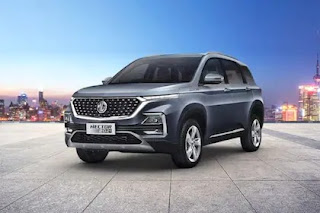Not Enough Battery Factories to Support Latest Electric Cars Global Rise Past ICE Cars in 2030s
According to the latest report of Ultima Media sponsored by Swiss technology company ABB, by the 2030s, the battery manufacturing capacity of electric vehicles must be greatly improved to surpass that of internal combustion engine vehicles.
The report’s conclusions are based on two predictions: by 2036, latest electric cars are expected to surpass sales of internal combustion engine vehicles; by then, there will be 80 battery factories in operation worldwide.
According to the report, this number of factories is not enough to meet the battery needs of all these latest electric cars in india. Since the theoretical maximum production capacity of the factory is rarely achieved in real life, it is not only necessary to meet greater production capacity, but also to provide a certain amount of headroom, which will require greater improvement.
The author of the report advocates juxtaposition of battery pack assemblies and vehicle assemblies to increase usable capacity. The report also promoted the improvement of automation, which is to be expected, because robotics is one of the business of the sponsor ABB.
It also talked about supply chains and raw materials, noting that Europe "has set a roadmap for sustainable raw material production." The tight supply of raw materials and concerns about the lack of domestic procurement have led to an executive order from the Biden administration earlier this year requiring an increase in domestic production of batteries and semiconductors.
For example, many CEOs of Ford have pointed out that strengthening the US supply chain is also important. This may also be some of the motivations behind the battery rethinking proposed at the Tesla Battery Festival last year.
However, individual car manufacturers still prefer to use their own specific battery configuration and chemical composition. The report warns that this is an important way for automakers to gain a competitive advantage over their competitors or to tailor products for specific regions, but it may also become a bottleneck in battery production.
Battery research also accounts for one-third of the cost of vehicles, and ABB’s argument may be that its robotics technology can improve production efficiency and achieve the purpose of balancing.

Comments
Post a Comment